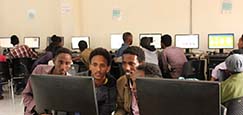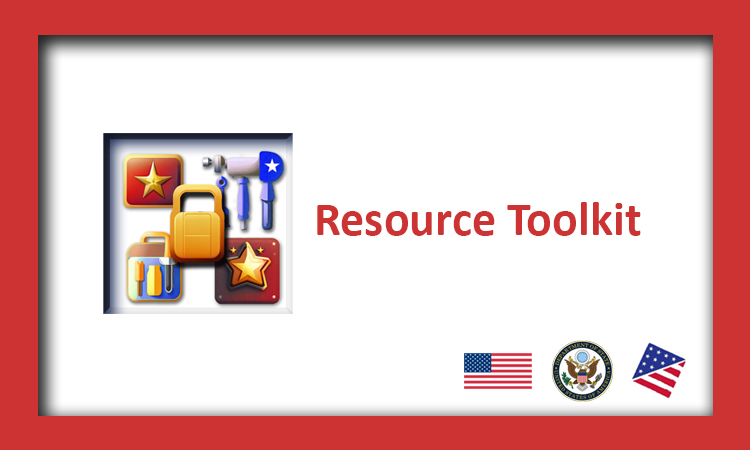SPACE EXPLORATION
PROGRAM TOOLKIT FOR AMERICAN SPACES
This program toolkit is designed for programming at American Spaces to promote discussions on Space Exploration and humanity’s quest to learn more about the universe.
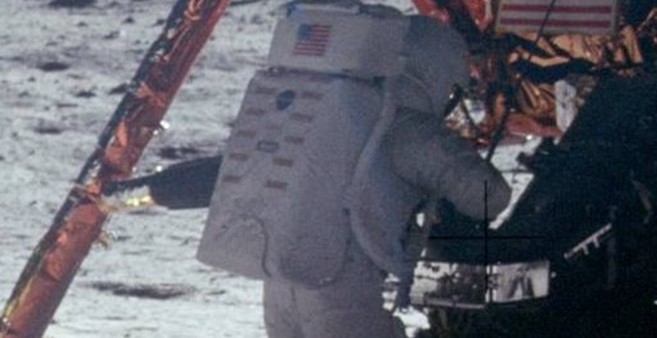
“That’s one small step [a] for man – one giant leap for mankind.”
Astronaut Neil Armstrong, on becoming the first human to step on the Moon.
FOR VIEWING
Starring: Ryan Gosling, Claire Foy A look at the life of Neil Armstrong and the legendary space mission that led him to become the first man to walk on the Moon on July 20, 1969.
WHY EXPLORE SPACE?
Humanity has always been fascinated by the heavens. Humans are driven to explore the unknown, discover new worlds, and expand our scientific and technical limits. This desire to explore and challenge the boundaries of what we know has provided benefits to our society for centuries. Human space exploration helps address fundamental questions about our place in the universe and the history of our galaxy and solar system. Through addressing the challenges related to human space exploration, we expand technology, create new industries, and help foster peaceful connections with other nations. Curiosity and exploration are vital to the human spirit and accepting the challenge of going deeper into space invites citizens of the world to work together on the exciting journey.
FOR VIEWING
KANOPY – PBS Makers: Women in Space (53 mins)
This film tells the story of the history of women in the space exploration program and looks at female astronauts, engineers and scientists working in the space program today.
NOVA PBS FILM about Asteroids
Share America: Private Space Flight
ADDITIONAL RESOURCES
- From Science Fiction to Science Fact
- A New Ride for the Moon
- NASA Toolkit: The Solar System for Kids
- NASA: Gallery of Space Comic Books
- NASA Graphic Novel: First Woman
- Space Program Inventions that people use everyday
- National Air and Space museum: Exploring the Planets
- Learn | National Air and Space Museum (si.edu)
- NASA’s Search for Life: Astrobiology in the Solar System and Beyond
- NASA Life in the Universe Toolkit
- ART Icons Celebrate 60 Years of Space Art
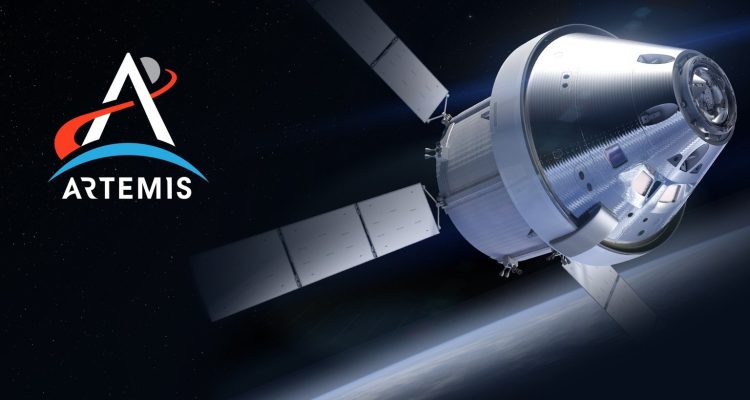
CURRENT NASA SPACE PROGRAMS
The National Aeronautics and Space Administration (NASA) is an independent agency of the U.S. federal government responsible for the civil space program, aeronautics research, and space research.
- Artemis Program
Under the Artemis program, the U.S. will land a crew of four, including the first woman and the first person of color, on the Moon with commercial and international partners; this is currently scheduled for the end of 2024.
- International Space Station (ISS)
The International Space Station is a modular space station in low Earth orbit. It is a multinational collaborative project involving five participating space agencies. - James Webb Telescope
The James Webb Space Telescope, a NASA-led project in collaboration with the European and Canadian space agencies, will be world’s next premier space science observatory. Webb will solve mysteries of our solar system, look beyond to distant worlds around other stars, and probe the mystifying structures and origins of our universe. - MARS Rover
Why explore Mars? There are several practical and scientific reasons to explore Mars. Among them we know that Mars is the most accessible place in the solar system. Additionally, exploring Mars provides the opportunity to possibly answer origin and evolution of life questions, and could someday be a destination for survival of humankind. - NASA Explainer Videos
The National Aeronautics and Space Administration is America’s civil space program and the global leader in space exploration.
OTHER IMPORTANT INFORMATION
- Artemis Accords – United States Department of State
The Artemis Accords, established on October 13, 2020, underpin the 21st-century framework for peaceful and cooperative space exploration, supported by the Outer Space Treaty of 1967. Facilitated by the U.S. Department of State and NASA, these accords promote sustainable and transparent civil space activities with 43 countries.
GLOSSARY
The Universe – The universe is all of space and time and their contents, including planets, stars, galaxies, and all other forms of matter and energy.
Solar System – the collection of eight planets and their moons in orbit around the sun, together with smaller bodies in the form of asteroids, meteoroids, and comets. The planets of the solar system are (in order of distance from the sun) Mercury, Venus, Earth, Mars, Jupiter, Saturn, Uranus, and Neptune.
Constellation – a group of stars that form a pattern in the sky.
Astrobiology – the study and search for life in the universe.
SHARE AMERICA
- A moon landing ‘for all mankind’ – ShareAmerica
- Astronaut Sian Proctor believes in ‘space for all’ (video) – ShareAmerica
- Celebrate Space Exploration: Lunar Landing Photo
- The U.S. and Allies pledge to cooperate in Space Exploration
- NASA-Webb Telescope poised to reveal space mysteries
- International Partners Empower NASA’s Mission on Mars
- Civilians Exploring Space is quintessentially American
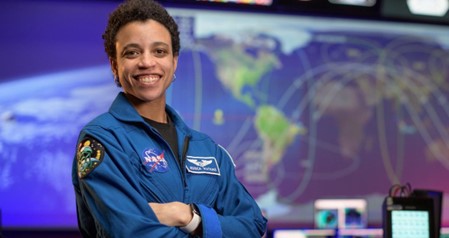
DISCUSSION QUESTIONS
- Why do you think humanity continues to seek knowledge about the universe?
- Do you believe space exploration is important?
- What tools do we have to study space?
- The Artemis Program. Why do we want to go back to the moon? Do you think it’s a good idea? Why?
- A female astronaut will be in the crew when Artemis lands on the moon. Why is this important?
- Would you like to be an astronaut? Or work on a space program or related field?
- They say many new jobs in the future will be in the STEM fields (Science-Technology-Engineering-Math). Do you have a desire to pursue these interests?
- Do you think we are alone in the Universe? Is there life elsewhere? Yes or no? Why do you think this?
STUDY SPACE-RELATED FIELDS AT U.S. UNIVERSITIES IN THE U.S.!
EducationUSA
Many U.S. universities offer degree programs in fields related to space exploration. EducationUSA, a U.S. Department of State network of international student advising centers in more than 170 countries, can help prospective university students identify those opportunities. EducationUSA is officially a branch in the Office of Global Educational Programs in the Bureau of Educational and Cultural Affairs.
The views expressed in these links and resources do not necessarily reflect those of the U.S. government.
Updated October 2024








